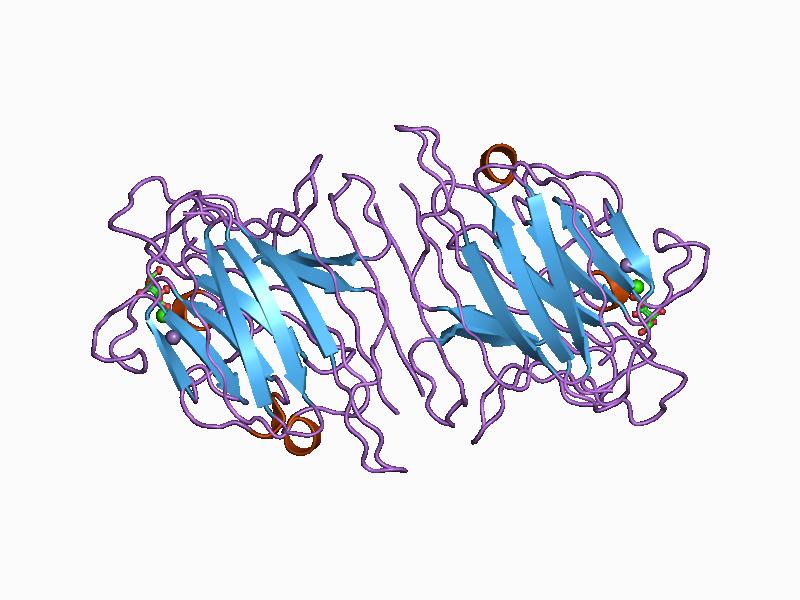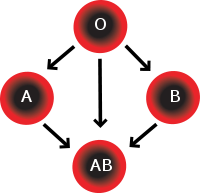ADHD and AUTISM ON THE RISE
Recent years has seen an unprecedented rise in autism and attention deficithyperactivity disorder (ADHD).
Although researchers speculate on the reason for this rise, many factors likely contribute, including more accurate diagnosis. However, overwhelming evidence suggests that nutritional deficiencies may be a contributing factor.
Read More
Topics:
zinc,
Carnitine,
Magnesium,
ADHD,
Autism,
vitamin,
Omega 3 Fatty Acid,
Oxidative Stress,
Omega 3s,
Nutritional Deficiency,
Omega 6,
Vitamin B6,
Neurotransmitters
Often information comes along that needs to be passed on. This article from Science Daily is an example of that information. This research paper explains a phenomenon that clinicians such as myself have observed for a long time. I get dozens of requests for information monthly from thyroid symptoms sufferers, whose tests are "normal".
Read More
Topics:
Hypothyroidism,
thyroid symptoms,
thyroid,
autoimmune thyroid,
Hashimoto's diease
In my practice I have found that patients who know and follow their basic ABO blood type diet as described in Eat Right 4 Your Type works very well. However, some individuals may not derive maximum benefit from the Blood Type Diet until they first determine their Secretor Status. Knowing this information then allows for the use of the more specific diet lists included in the book Live Right 4 Your Type. Both books were written by Peter J. D'Adamo.
Read More
Topics:
autoimmune,
fibromyalgia,
D'Adamo,
Blood Type,
Diabetes,
Secretor Status
Headlines on the possible risks of vitamin and mineral supplements have bombarded mainstream media recently, and sparked controversy over whether doctors should recommend supplements to their patients.
Read More
Topics:
autoimmune,
SpectraCell,
micronutrient,
supplement,
nutritional
Christmas and the other winter holidays are just about here. My family and many others are following a health restoring diet due to autoimmune issues or other health challenges.
Read More
Topics:
autoimmune,
gluten free,
recipes,
chia,
casein-free,
soy-free










